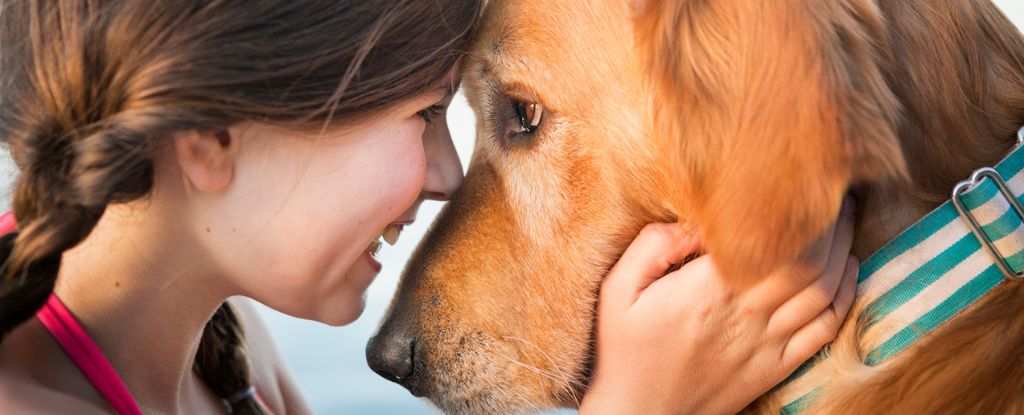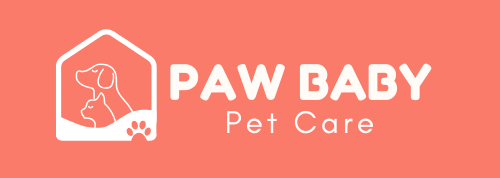Socializing your dog is crucial for raising a happy, confident pet. It helps your dog feel comfortable in different places and around new people or animals. Whether you have a young puppy or an older dog with limited exposure to new experiences, socialization is key to building their confidence and good behavior. Learning how to socialize your dog properly ensures they stay calm and friendly in various situations, leading to a more balanced and enjoyable life for both of you. Let’s explore why socialization is so crucial and how to do it effectively.

Why Is Socialization Important?
- Builds Confidence and Reduces Fear
Socializing your dog allows them to become comfortable around various people, animals, sounds, and environments, boosting their confidence. A well-socialized dog is less likely to respond with fear or aggression when facing something unfamiliar. This is particularly important for puppies, as early experiences influence their behavior as they grow. By exposing your dog to new things, you decrease the risk of them developing anxiety, fear, or aggression, ensuring they remain calm and well-behaved in different settings. - Promotes Better Behavior
Socialized dogs tend to have better behavior because they learn to interact calmly and positively with people and other animals. Dogs accustomed to different social situations are less likely to feel stressed or overwhelmed. This reduces the chance of destructive behaviors like excessive barking, biting, or jumping. By exposing them to various environments early on, they become more relaxed and well-mannered, making them easier to manage in everyday situations. Socialization helps your dog stay composed and behave appropriately in a variety of settings. - Improves Safety
A well-socialized dog is easier to handle in stressful situations, like at the vet, in a dog park, or during walks. They are more likely to stay calm and listen to your commands, which helps keep them and others safe when they encounter new sights or sounds. - Strengthens Bond Between You and Your Dog
Socialization is not only good for your dog’s well-being but also strengthens the bond between you and your pet. By exposing your dog to new experiences and helping them explore different environments, they will learn to trust you more and look to you for guidance and comfort.

How to Socialize Your Dog the Right Way
- Begin Early, but It’s Never Too Late
The ideal time to socialize a dog is during their early developmental period, usually between 3 and 14 weeks old. However, it’s always possible to start socializing an older dog. Just be patient and introduce them to new experiences slowly. - Expose Your Dog to Different Environments
Take your dog on walks in different places, such as parks, busy streets, and quiet neighborhoods. Expose them to different surfaces like grass, pavement, sand, and even stairs. This helps them get used to different environments and keeps them calm no matter where they are. - Introduce New People and Animals
It’s essential for your dog to meet different kinds of people, including men, women, children, and those wearing hats, glasses, or carrying umbrellas. For other animals, introduce your dog to other dogs in safe settings, such as obedience classes or dog parks. Make sure these interactions are positive and secure. - Use Positive Reinforcement
Give your dog treats, praise, or playtime whenever they stay calm and positive in new situations. This helps them form good associations with new experiences and encourages them to keep behaving well. - Pace Yourself and Respect Boundaries
Never push your dog into a situation that makes them very scared or uncomfortable. Gradual exposure is important. If your dog appears overwhelmed, step back and try again later. It’s crucial to allow your dog to explore at their own pace, making sure they always feel safe and secure. - Enroll in Obedience or Socialization Classes
Professional obedience or socialization classes can be very beneficial, particularly for shy or nervous dogs. Trainers offer expert guidance and set up safe environments for your dog to interact with others.

